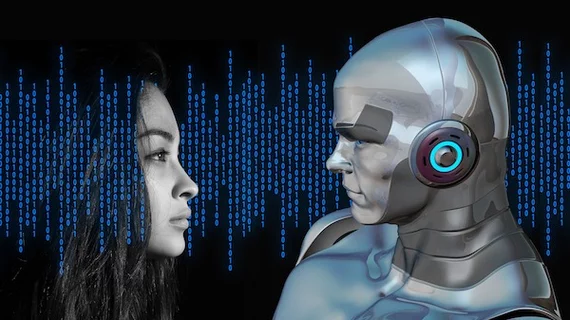Facial recognition app uses AI to help ID genetic disorders
A mobile application can help healthcare professionals make genetic evaluations by using a snapshot of a person’s face, artificial intelligence and insights from real patients and genetics experts.
Face2Gene is a facial recognition app that analyzes patient photos to find specific phenotypes that could be related to a genetic disorder. It’s designed to be used only by healthcare professionals and requires a verification process.
According to the application’s website, the software uses deep learning algorithms to create syndrome-specific, computational-based classifiers (syndrome gestalts). The application and its software also uses crowd-sourced data from genetics experts, labs and patients to help match phenotypes to genetic disorders.
“Proprietary technology converts a patient photo into de-identified mathematical facial descriptors. The patient’s facial descriptor is compared to syndrome gestalts to quantify similarity (gestalt scores), resulting in a prioritized list of syndromes with similar morphology,” the Face2Gene website said. “Artificial intelligence suggests likely phenotypic traits and genes to assist in feature annotation and syndrome prioritization.”
Face2Gene also uses strong security measures to ensure patient information is protected, according to its website.
When patient photos are uploaded, the app only uses de-identified facial data while analyzing the photo. The app is also compliant with HIPAA and European Union data privacy rules and standards.

